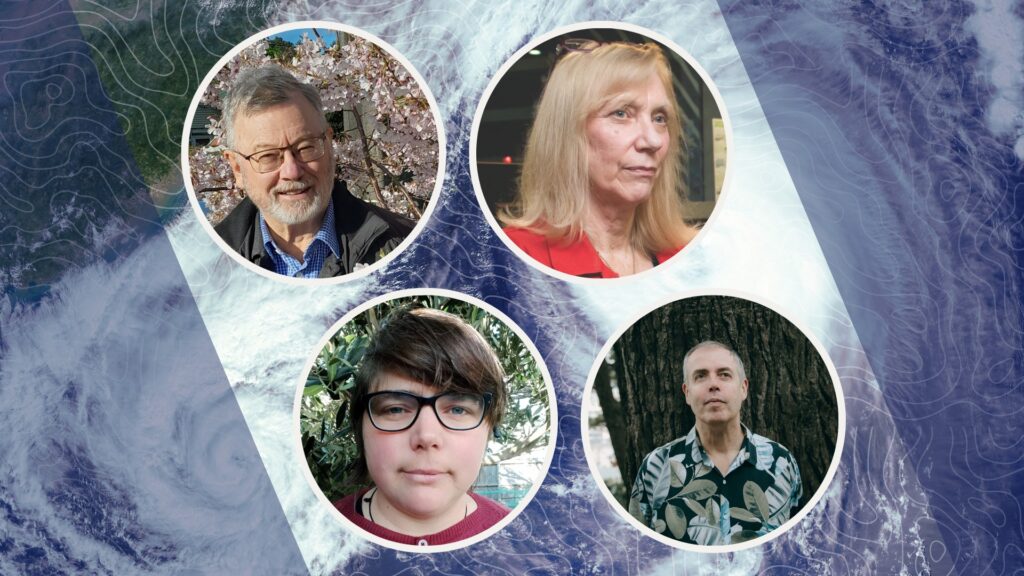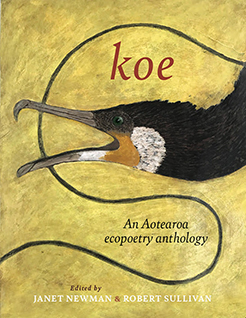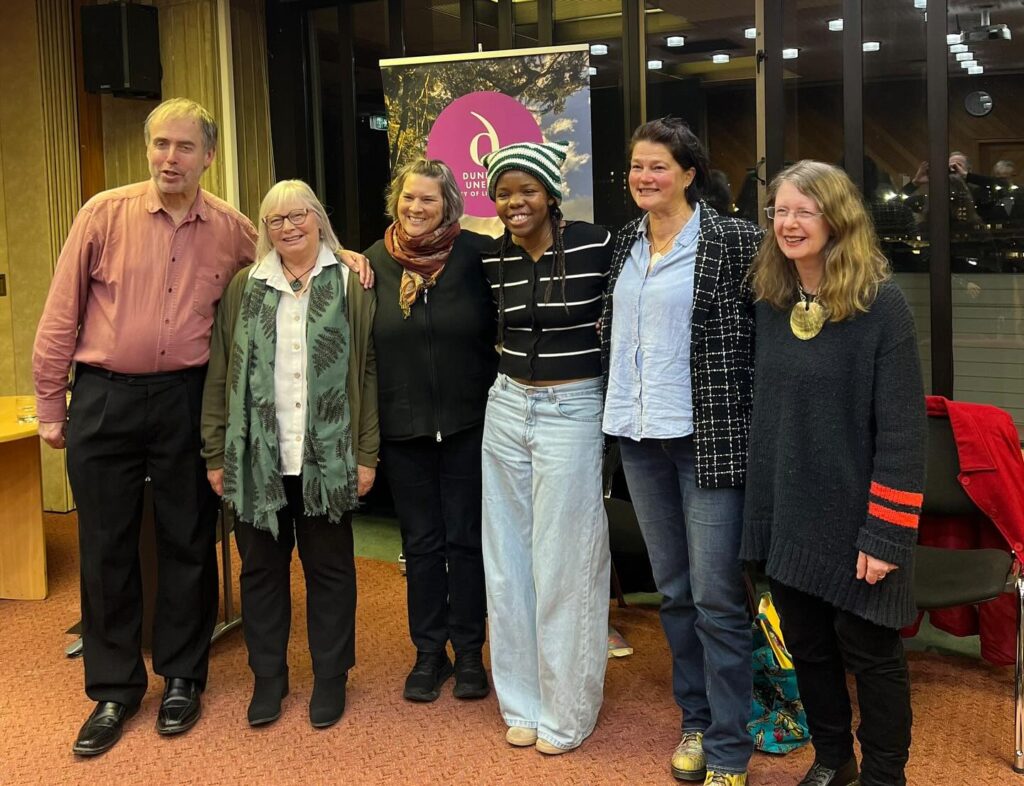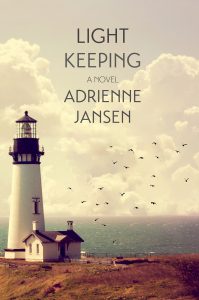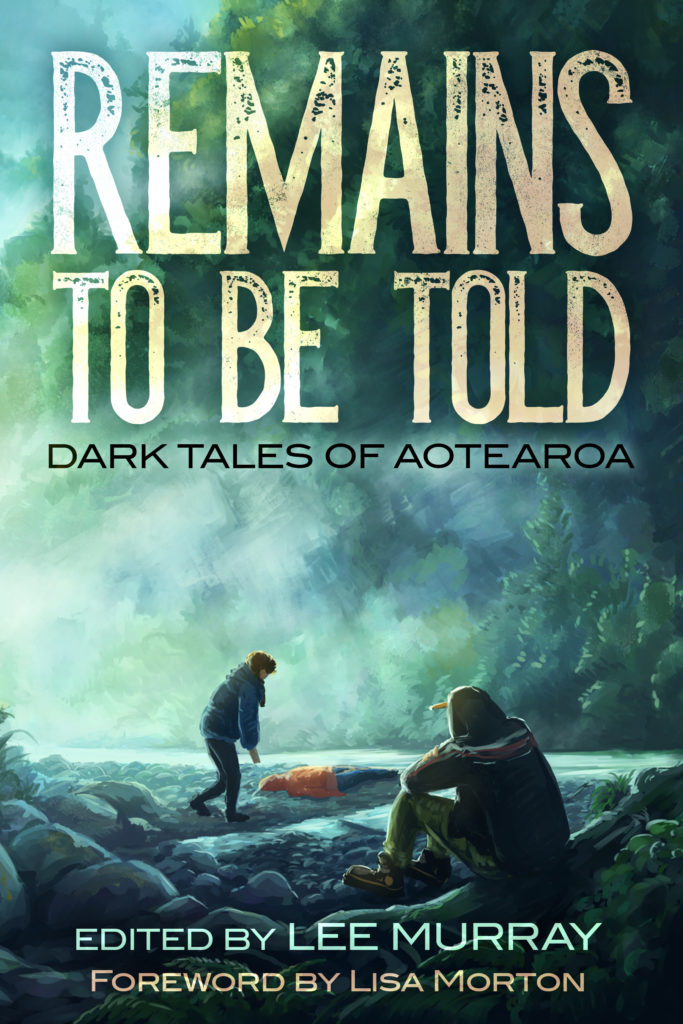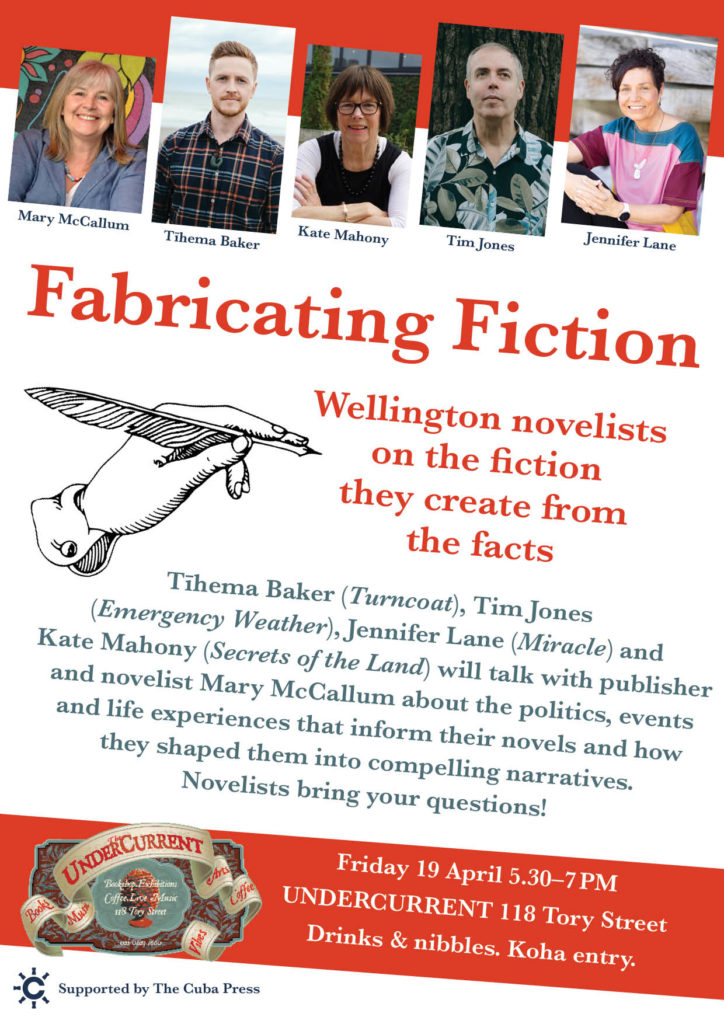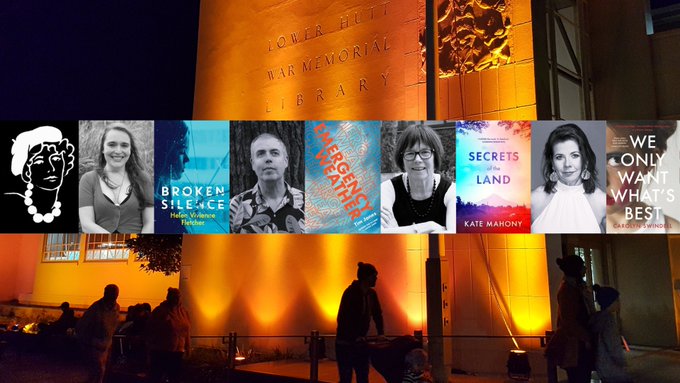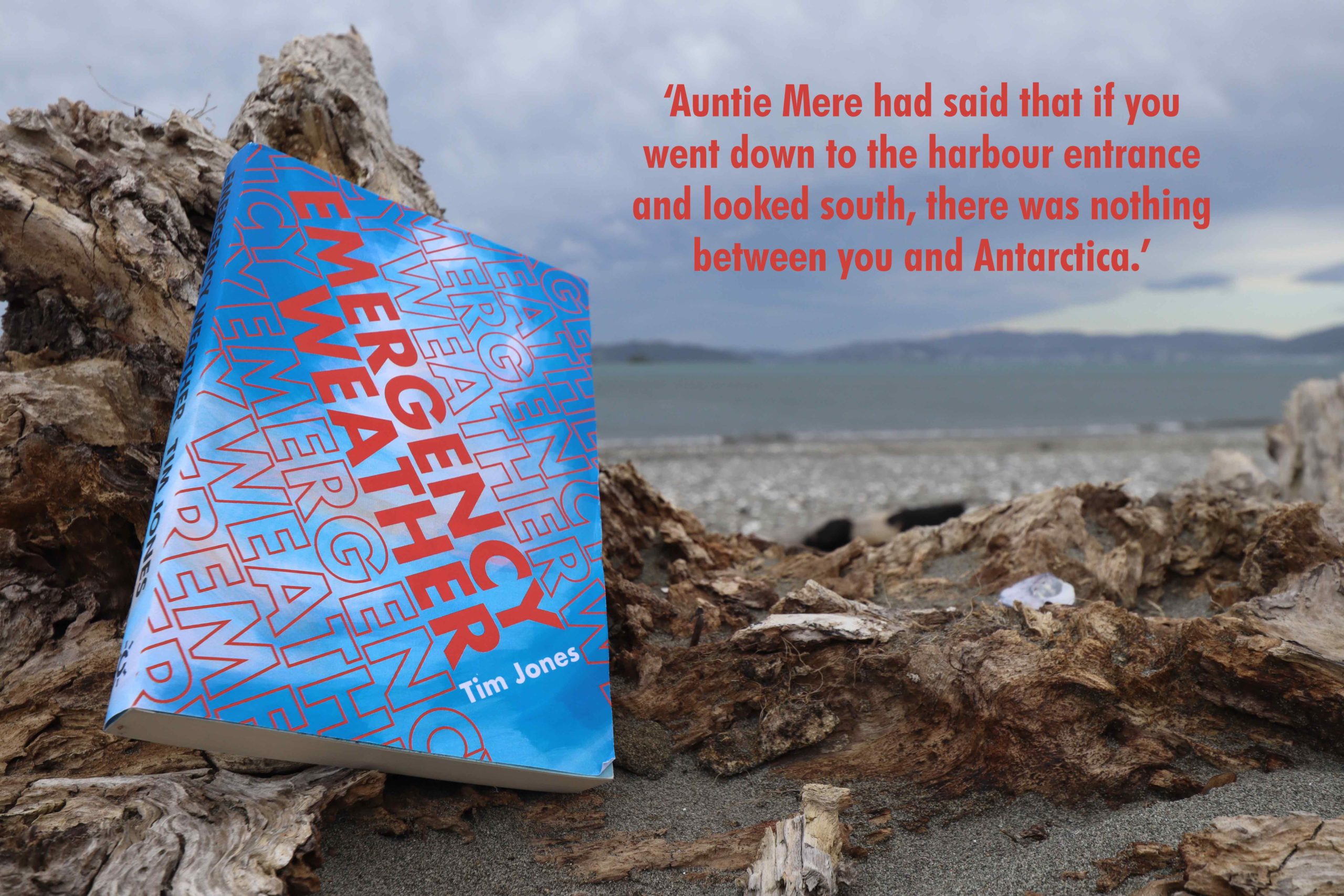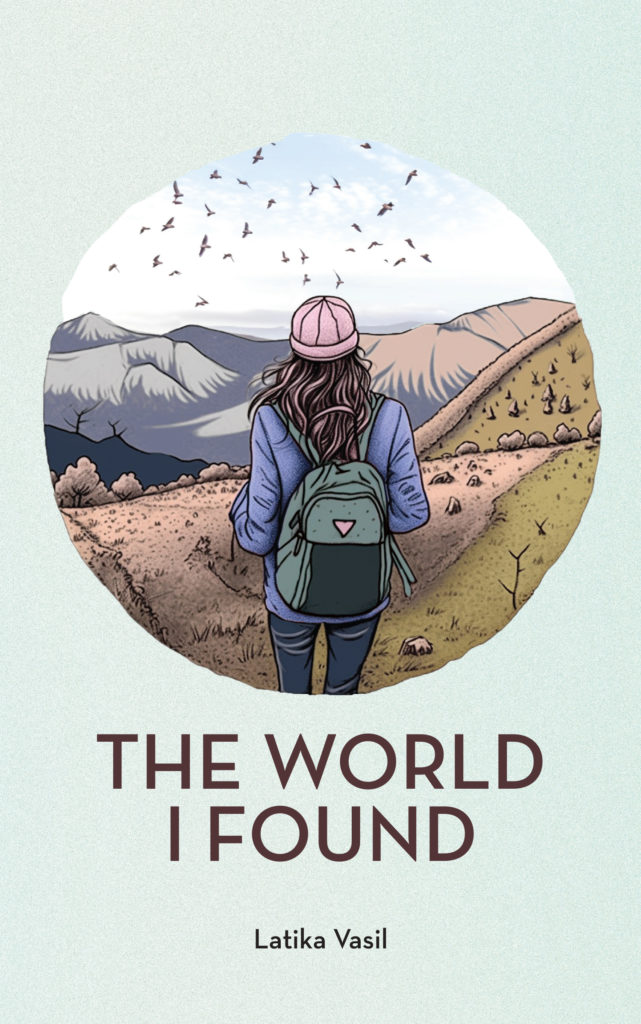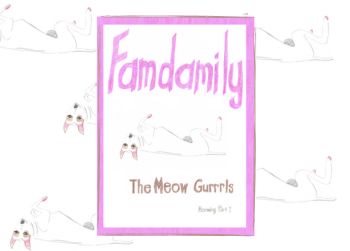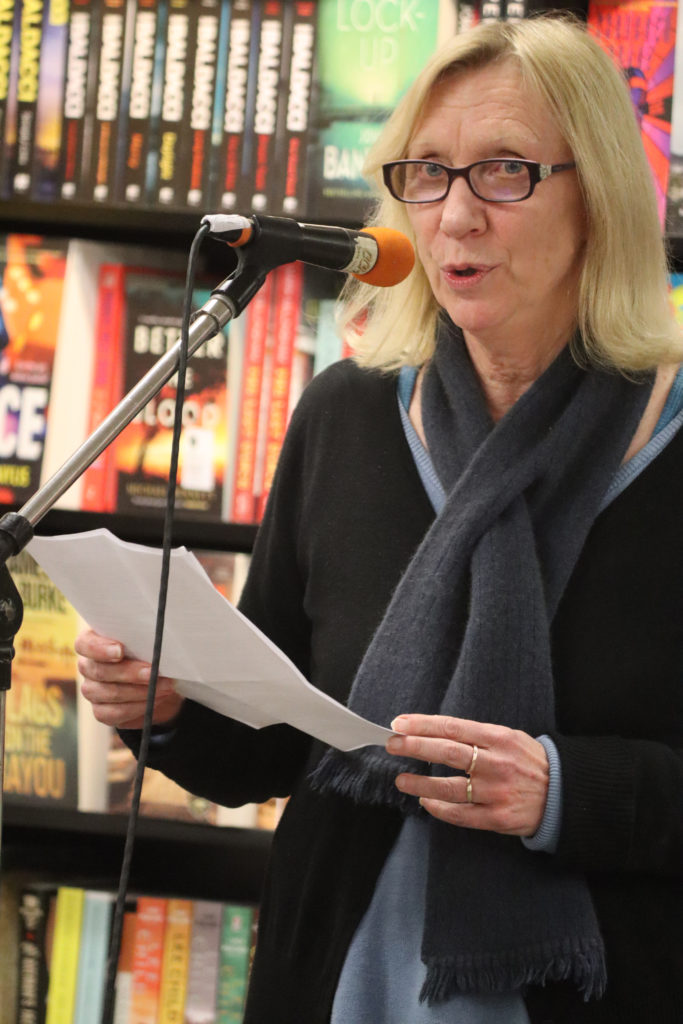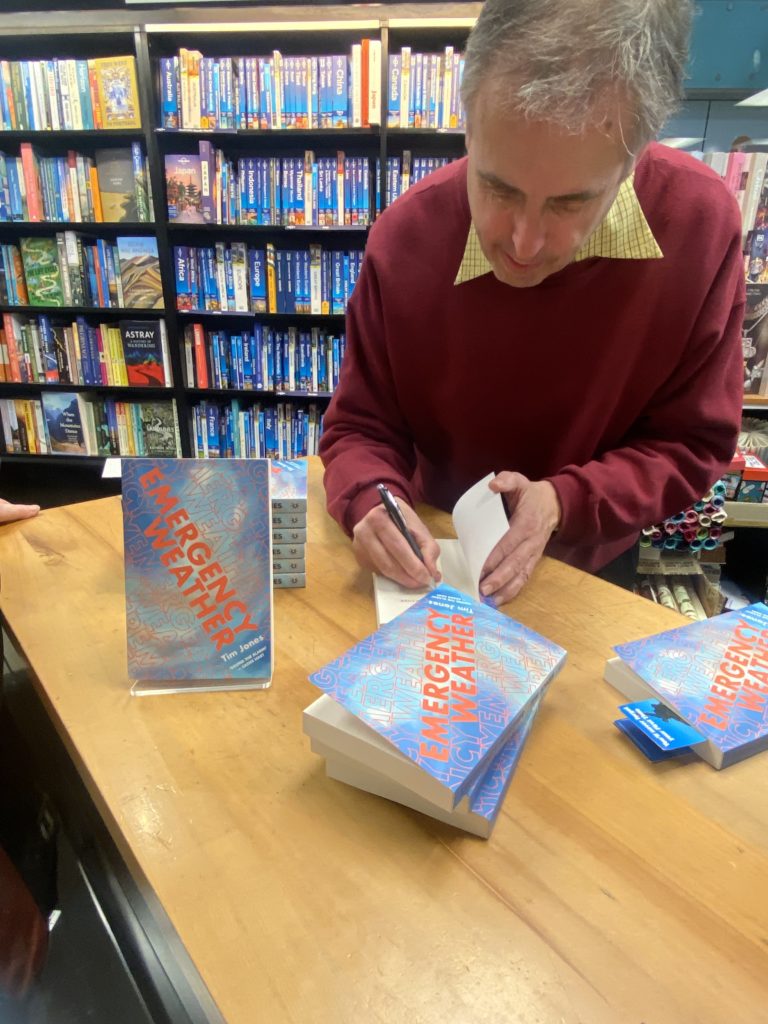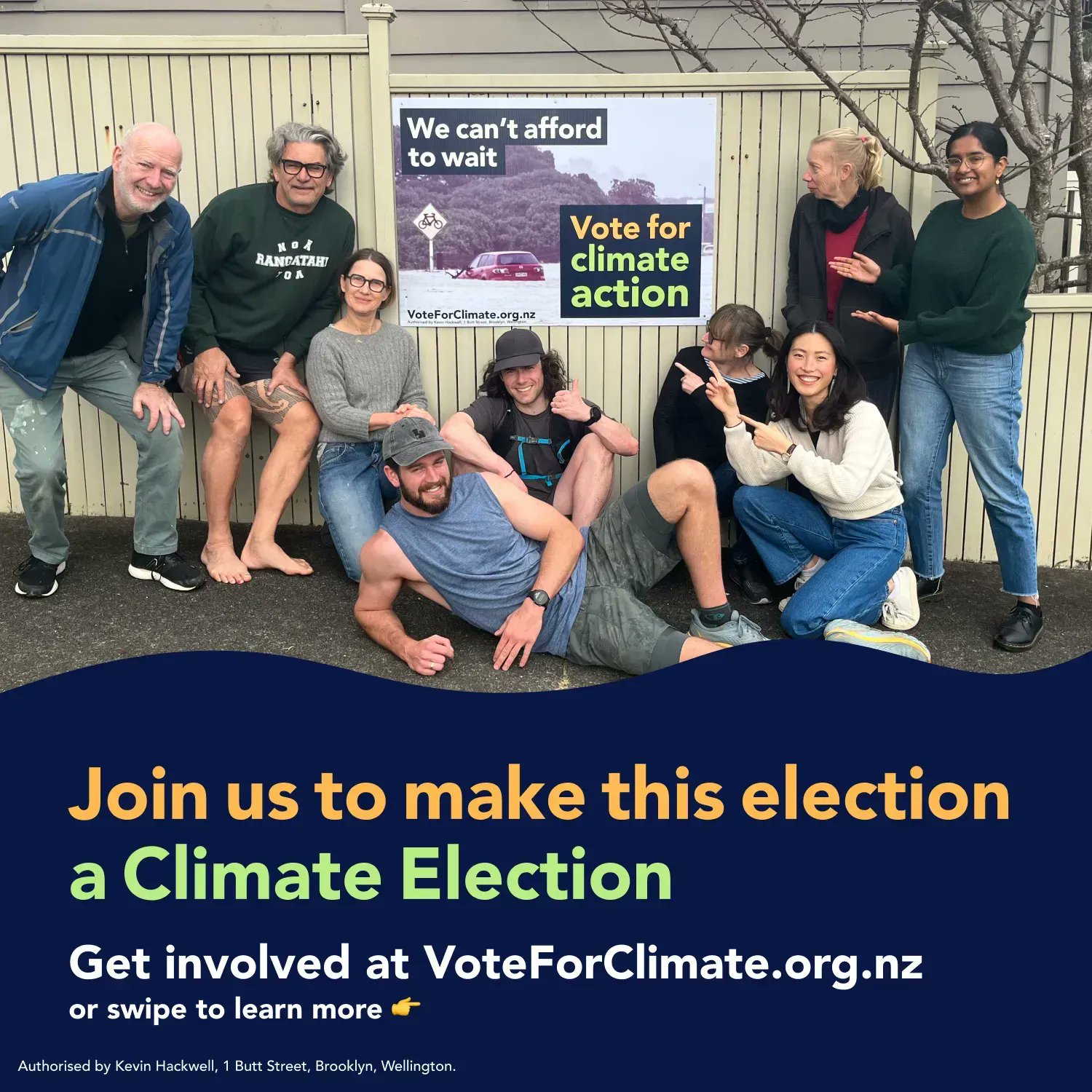I enjoyed The World I Found, Latika Vasil’s new novel, a great deal – so I wanted to ask her more about it. Here is our interview!
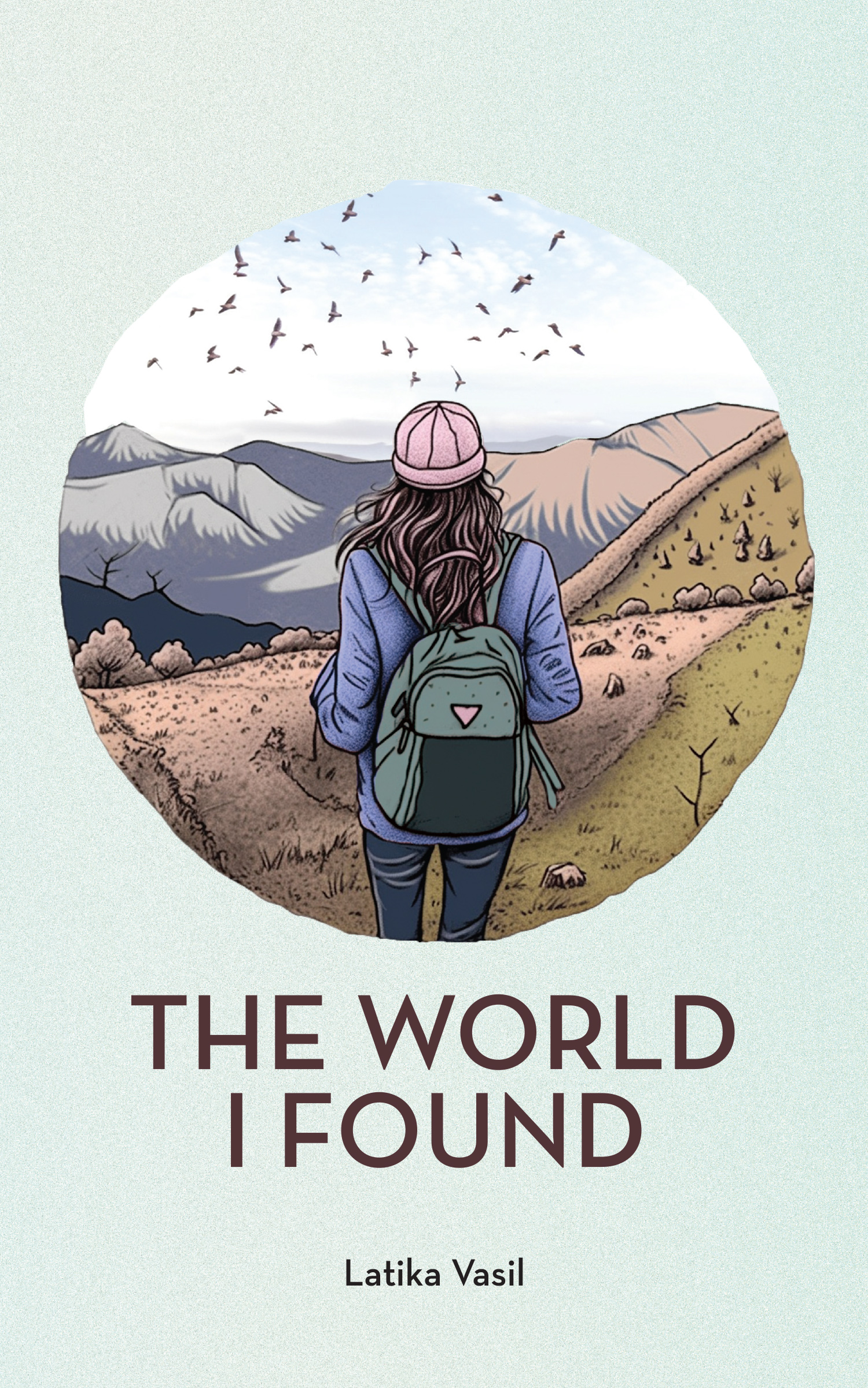
How would you describe “The World I Found” to a potential reader?
The World I Found is narrated by 15-year-old Quinn and closely follows her journey from Campbell Island to the Wairarapa and finally home to Wellington, as she navigates a dangerous and eerie post-pandemic world. It will appeal to readers who enjoy a fast-paced adventure story as well as a dystopian setting. The familiar New Zealand environment in which the story is set may also appeal to readers who enjoy a local setting.
I really enjoyed Quinn as a protagonist. Did you enjoy writing from the point of view of a 15-year-old girl?
I enjoyed writing from Quinn’s point of view very much! I like that Quinn isn’t the perfect heroine. Like all of us she makes mistakes and gets things wrong. She has some wonderful qualities, such as her intelligence, adaptability and loyalty to those she cares about, but she is also impulsive and stubborn and these characteristics often get her into trouble. As the novel progresses, Quinn grows in confidence and also develops a love of nature and I enjoyed writing this.
I admire Quinn’s resourcefulness. Is that a case of her stepping up when circumstances demand, or is that innate in her character?
This is a tricky question and it is probably best answered as a bit of both. In the novel, Quinn finds herself in exceptional and totally unforeseen circumstances. She never expected to face the challenges that present themselves. I think we all wonder how we would react and cope if the world suddenly turned upside down, and all the many things we take for granted and which are essential to the smooth running of our day to day lives, disappeared. Quinn is faced with this reality and realises she has to step up and learn to look after herself. At first this doesn’t come easily but as the story develops, Quinn becomes more confident in her abilities and in her own judgement.
This novel is about a pandemic and its aftermath, and it was written during the Covid-19 pandemic. Did the real pandemic influence the fictional pandemic?
Funnily enough, I started the novel before the Covid-19 pandemic and then fiction became reality to some extent! Coming out of the Covid-19 pandemic I did wonder what things would be like in Aotearoa if a worse pandemic had hit us. I explored this scenario in the novel.
Without giving too much away, society reorganising itself after the pandemic in your novel doesn’t go entirely smoothly. Quinn and her friends Jeroen and Cal all respond in different ways to the situation they find themselves in. What leads them to respond in those different ways?
The trio of Quinn, Jeroen and Cal are all very different characters and all have had different upbringings and life experiences that influence the way they react to the new world they find themselves in. Jeroen, especially, has had huge trauma in his life and this impacts how he relates to people and situations. Quinn is more open and receptive to the way she feels about things. She is intuitive and this allows her to see things through a different lens than Jeroen who is very much operating on surface level and as Quinn observes ‘sees what he wants to see’.
Quinn is on Campbell Island when the pandemic hits. Did you need to do lots of research to write those scenes on the island?
Campbell Island is very remote and inaccessible. It is one of New Zealand’s subantarctic islands, 700 kilometres south of Bluff in the South Island. So, while I would have loved to travel there to get a firsthand experience of the island, I had to settle for second hand accounts. Luckily, Campbell Island is a fascinating place and there is quite a bit of material available describing the island and what it is like to live there. It is uninhabited but is occasionally visited by scientific expeditions and small cruise ships. One day I hope to visit!
You’ve previously written adult fiction. What, if anything, was different about writing YA fiction?
The main difference was being able to create an authentic voice for Quinn as a present-day young person. While all of us as adults have been 15 years old once in our lives and can draw from this experience in our writing, it is important to be in touch with what it’s like to be a young person currently, or in the near future as is the case in The World I Found. Once I found Quinn’s ‘voice’ and she began to feel fully fleshed out and real to me, the writing came easily.
Where can readers of this blog buy copies of “The World I Found”?
The World I Found is available from www.latikavasil.com and selected bookshops (see bookhub.co.nz)
Latika Vasil bio
Latika Vasil is an Indian New Zealander who lives in Te Whanganui-a-Tara Wellington. She has worked as a university lecturer, a researcher, a creative writing tutor and currently as a freelance writer. Her fiction has been broadcast on Radio New Zealand, and published in various anthologies and magazines, including Landfall and takahē. She has written two books of fiction: A collection of short stories, Rising to the Surface (2013, Steele Roberts Aotearoa) and a YA novel, The World I Found (2023, Black Giraffe Press).
